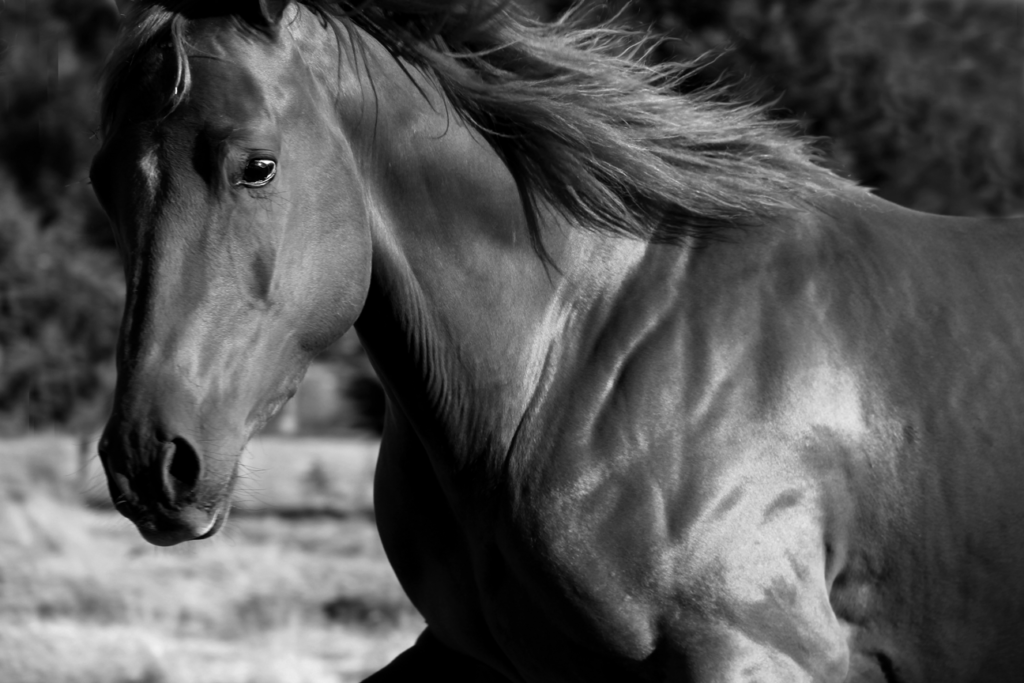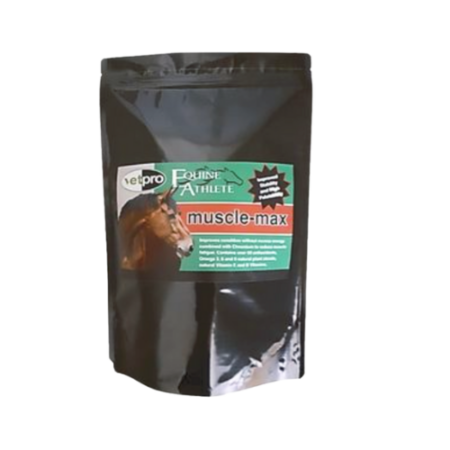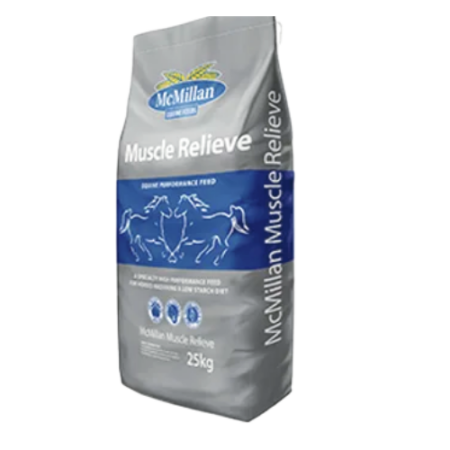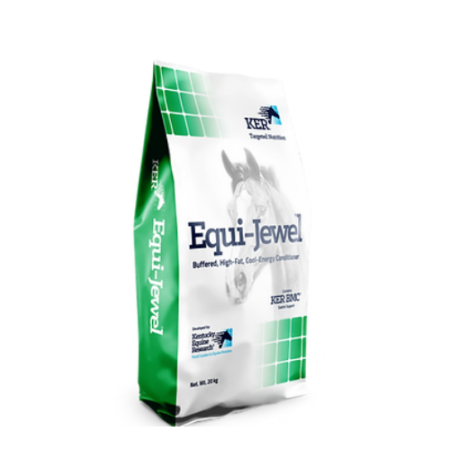RER and PSSM Induced Tying Up
Exertional rhabdomyolysis (tying up) is characterised by sporadic or chronic painful muscle cramps.
During a tying up episode, the muscles around the horse’s lumbosacral region and gluteals feel firm and painful. Horses may sweat, breathe rapidly, and show reluctance to move. In extreme cases, horses will pass red tinged urine which has been discoloured from myoglobin that has been released from damaged muscles. This can cause kidney damage. It is critical to consult a veterinarian in cases of suspected tie up so that they can assess your horse and determine what treatment is required.
Sporadic ER occurs when horses over exert themselves, usually from exercising beyond their normal fitness level, or due to stress or environmental factors. Exercising for long periods of time in heat, such as in endurance races, can cause tie up episodes due to electrolyte shifts in the horse associated with sweating, dehydration and the level of exercise required. These horses do not have underlying muscular issues.

Chronic ER can be due to either recurrent ER (RER), or due to an underlying condition known as PSSM (polysaccharide storage myopathy). PSSM can be broken into two categories, type I and II. Type I PSSM is a genetic mutation that causes muscles to store too much sugar as glycogen. Excessive storage of glycogen affects the ability of the muscle to function normally. Type I PSSM can be tested for, and passed onto offspring. Quarter horses are one of many breeds affected commonly by this genetic mutation. Type II PSSM describes excessive glycogen storage without genetic mutation. The aetiology of this type of PSSM are unknown, but both types can cause recurrent tying up in horses. If your horse ties up repeatedly, you should consult your veterinarian and investigate the underlying cause.
Feeding the horse that recurrently ties up:
Management of horses that tie up sporadically or recurrently centres around an appropriate fitness regime and a balanced diet that meets the caloric needs of the horse, while providing the appropriate vitamins and minerals. Good quality electrolytes are often recommended for high performing animals, or horses exercising on hot days. Vitamin E and Selenium are important antioxidants which help maintain healthy muscle tissue. Whilst deficiency does not directly cause horses to tie up, keeping selenium and Vitamin E within normal ranges can aid muscle function and recovery. Most feeds are already selenised, and many fortified with vitamin E, so it is important to ensure that you are not over supplementing. Over supplementation of selenium can cause toxicity, so it is advisable to get your horses selenium and vitamin E levels checked prior to beginning supplementation.
Dietary management and exercise is especially crucial for PSSM affected horses. Restri4cted grazing is often recommended (usually via grazing muzzle to allow paddock turnout), as well as feeding hay and good sources of forage. Altering the diet to be low in carbohydrates is useful, as high carbohydrate diets will result in further glycogen deposits in the muscles. Aim to feed grain and cereal free feeds to these horses (i.e. no oats,barley, bran, corn etc). Fats, such as oils, should be used to provide energy rather than grains.
Forme Equine products recommended for at risk horses and ponies:
Below is a selection of grain free, low starch and low sugar feeds for horses with PSSM, or those prone to recurrent episodes of tying up. It is important to check the ingredients lists of feeds, particularly for horses with PSSM, as feeds will often claim to be grain free or low GI, but include grain by products such as mill mix, bran or pollard. If the overall carbohydrate content of your horse’s diet is low enough, these are unlikely to cause issues, but in situations where vigilance is required these can be detrimental and lead to further tying up episodes.
Here are some links which include more comprehensive information around feeding and managing equines at risk of tying up:
How to manage horses that tie up
Dietary management with RER in horses
Dietary management with PSSM in horses
Tying-Up, Signs, causes, Managment & Prevention
Polysaccharide Storage Myopathy (Pssm): What Should I Feed?
Targeting ‘Tying -Up’ – Dunstan Race Ease
PSSM – How Do The Different Forms Affect How You Should Feed?




